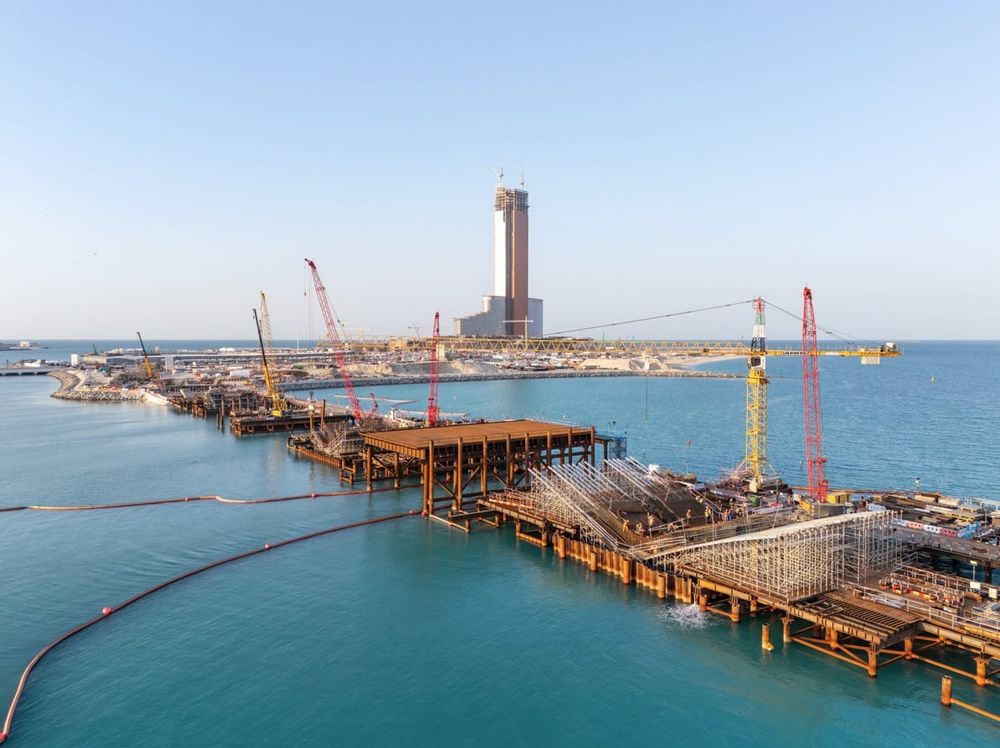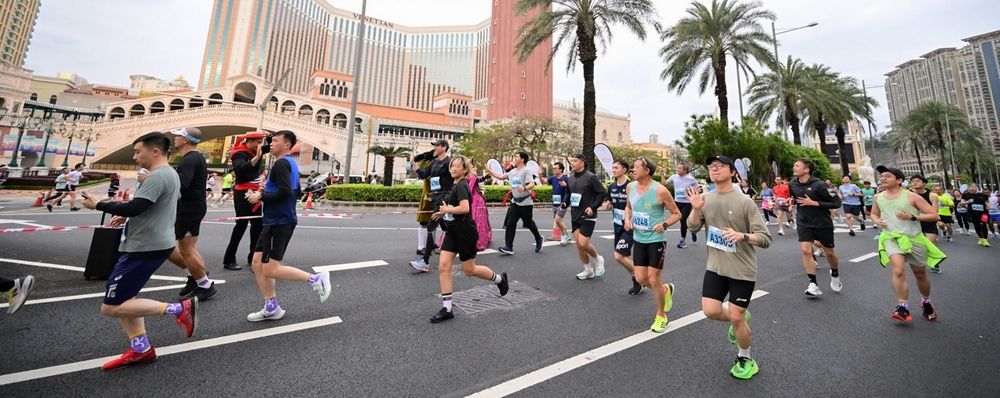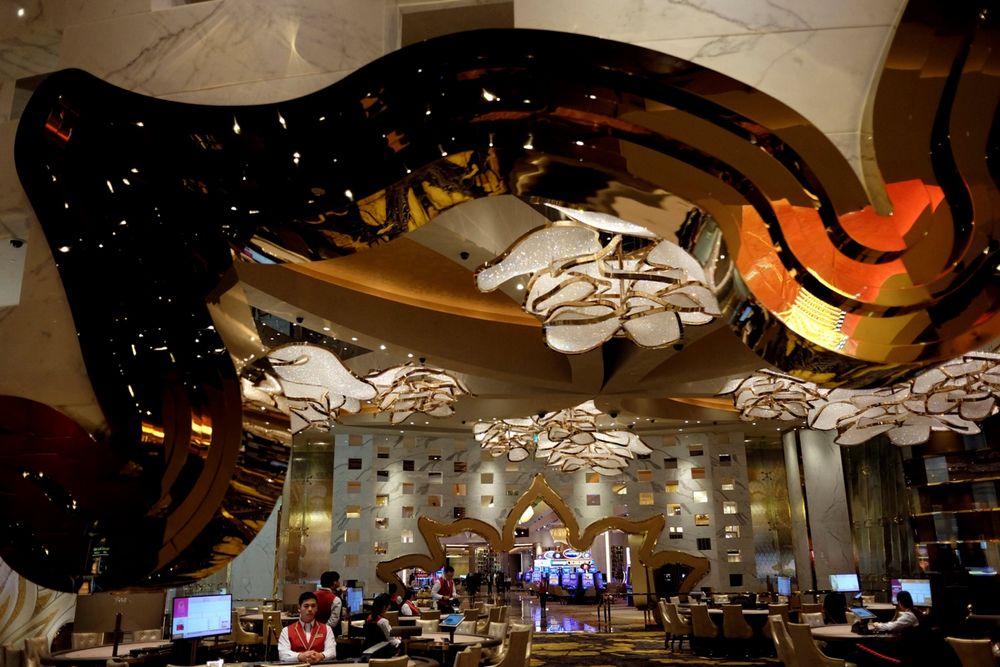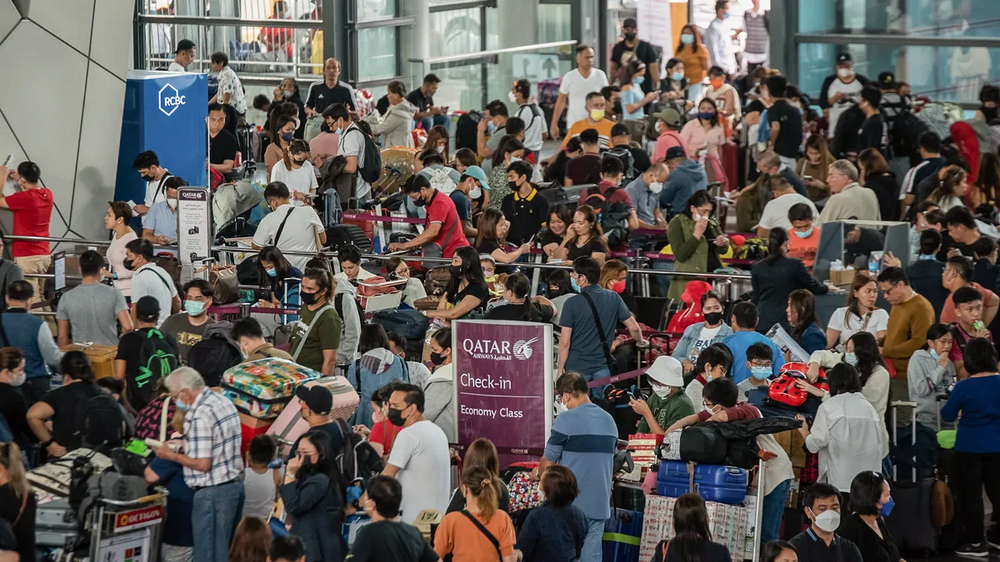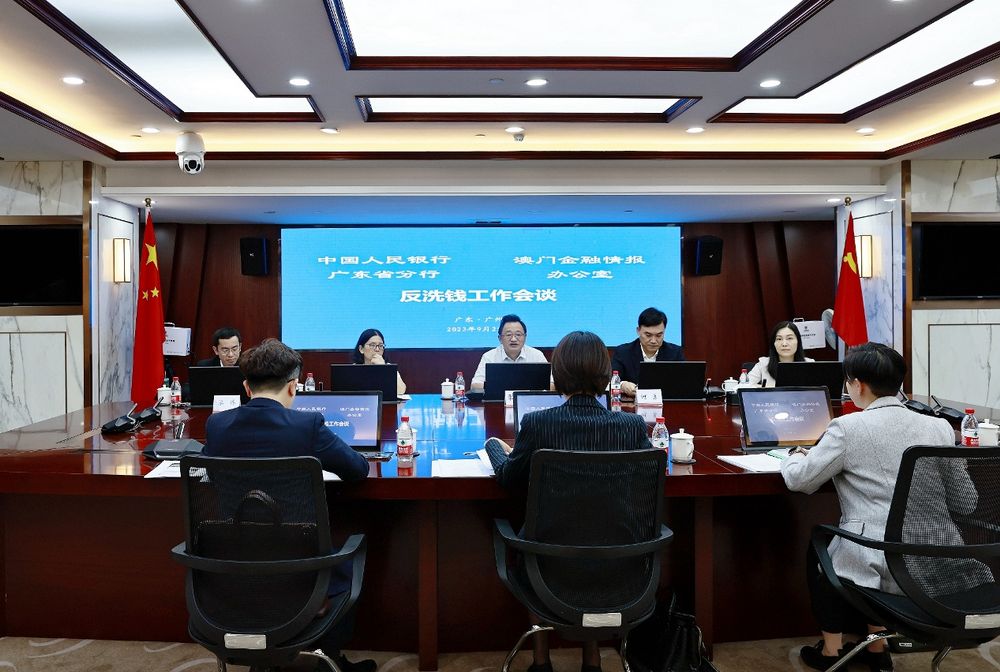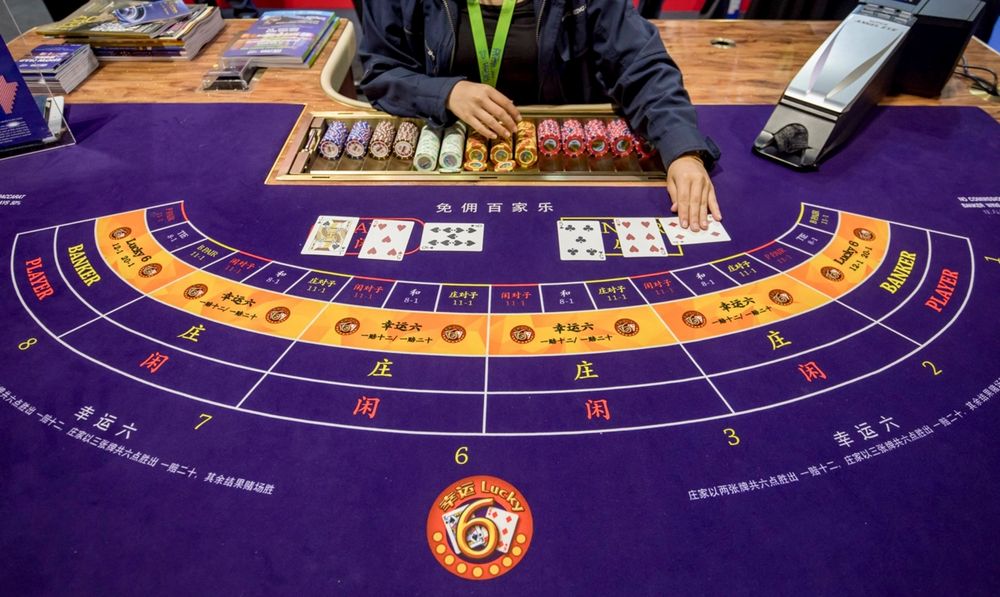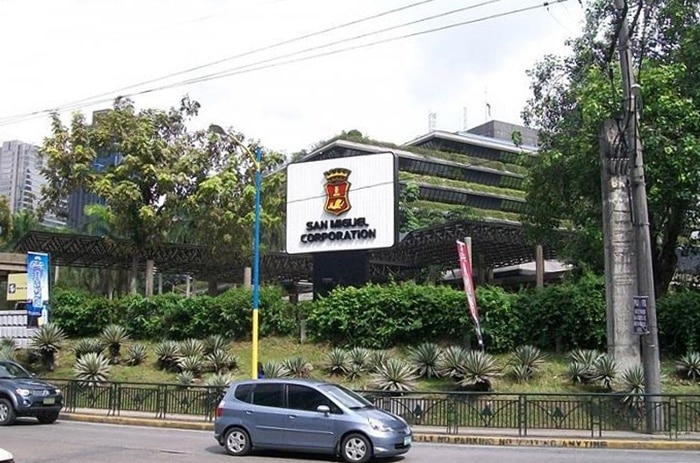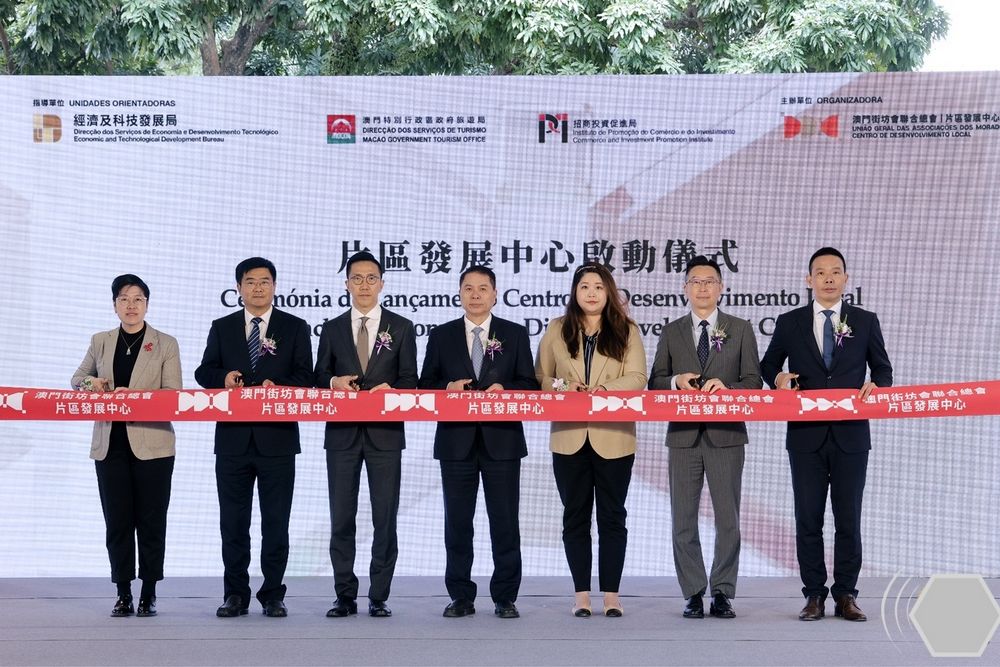The Macau government projects a significant increase in tax revenue from junket commissions in 2025, anticipating MOP100 million (US$12.5 million), a remarkable 233.3% rise compared to the MOP30 million expected for fiscal year 2024. This forecast reflects a revitalization of the junket sector and highlights its critical role in Macau's casino-driven economy. For industry stakeholders, this surge poses questions about sustainability, regulation, and the future of junket operations in Asia’s gaming hub.

Macau has long been the epicenter of high-stakes gambling in Asia, attracting VIP clients through junket operators who facilitate their gaming activities. These junkets, known for their role in organizing trips and offering credit to high-rollers, have historically been a key revenue driver for casinos. However, the industry has faced challenges in recent years due to increased scrutiny, tighter regulations, and shifting market dynamics.
The anticipated rise in junket-related tax revenue signals a rebound for this sector. Junket commissions are taxed at 5% in Macau, and the projected increase suggests renewed activity in the VIP segment. While this rebound is welcome news for casinos and junket operators, it also highlights the challenges of ensuring compliance and maintaining sustainable growth in an industry under intense regulatory oversight.
Macau's reliance on gambling revenue is well-documented, with the industry contributing over 80% of government income. The recovery of junket operations plays a pivotal role in sustaining this economic model. The increase in tax revenue reflects broader optimism about Macau’s post-pandemic recovery, with visitor numbers steadily rising and gaming revenues improving. However, the road ahead is not without obstacles.
One key issue is the evolving regulatory landscape. Macau’s government has implemented stringent measures to oversee junket operations, including tighter background checks, enhanced financial scrutiny, and limits on the number of licensed junket operators. These measures aim to address concerns about money laundering and ensure the integrity of the gaming industry. While such regulations are necessary, they have also reduced the number of active junkets, placing pressure on existing operators to adapt to a more controlled environment.
Another challenge is the competition from emerging gaming destinations in Asia. Countries like the Philippines, Singapore, and Vietnam are aggressively expanding their casino offerings, targeting the same high-roller clientele. These markets offer modern facilities and regulatory frameworks that attract both players and operators. Macau, therefore, must balance its regulatory igor with maintaining its appeal as a premier gambling destination.
The increase in junket tax revenue also raises questions about the sustainability of the VIP segment. While high-rollers contribute significantly to Macau’s gaming revenues, the reliance on this segment makes the industry vulnerable to economic downturns and regulatory shifts. Diversifying the gaming sector to include more mass-market offerings and non-gaming attractions could help mitigate these risks.
For junket operators, adapting to this new reality involves embracing transparency and compliance while exploring innovative ways to attract and retain clients. The adoption of technology, such as digital payment systems and customer relationship management tools, can enhance operational efficiency and customer engagement. Additionally, forming partnerships with casinos to create exclusive experiences for VIP clients could help junkets remain competitive in a changing market.
From a regional perspective, Macau’s junket revival could have ripple effects across Asia’s gaming industry. The success of Macau’s regulatory model may influence policies in neighboring markets, shaping the future of junket operations in the region. Additionally, the increased tax revenue from junket commissions underscores the potential economic benefits of a well-regulated gaming industry, providing a blueprint for other jurisdictions seeking to develop their casino sectors.
Looking ahead, Macau’s ability to sustain its junket recovery will depend on several factors, including economic conditions, regulatory developments, and the region’s geopolitical stability. For industry stakeholders, understanding these dynamics is crucial to navigating the opportunities and challenges in Asia’s gaming landscape.
As the Macau government projects a 233.3% increase in junket tax revenue, it signals not only a recovery but also a transformation in the industry. This resurgence highlights the resilience of Macau’s gaming sector and underscores the importance of adaptability and innovation in a highly competitive market. For casinos, junkets, and policymakers, the road to sustained growth lies in balancing regulatory compliance with creating a dynamic and attractive gaming environment.












